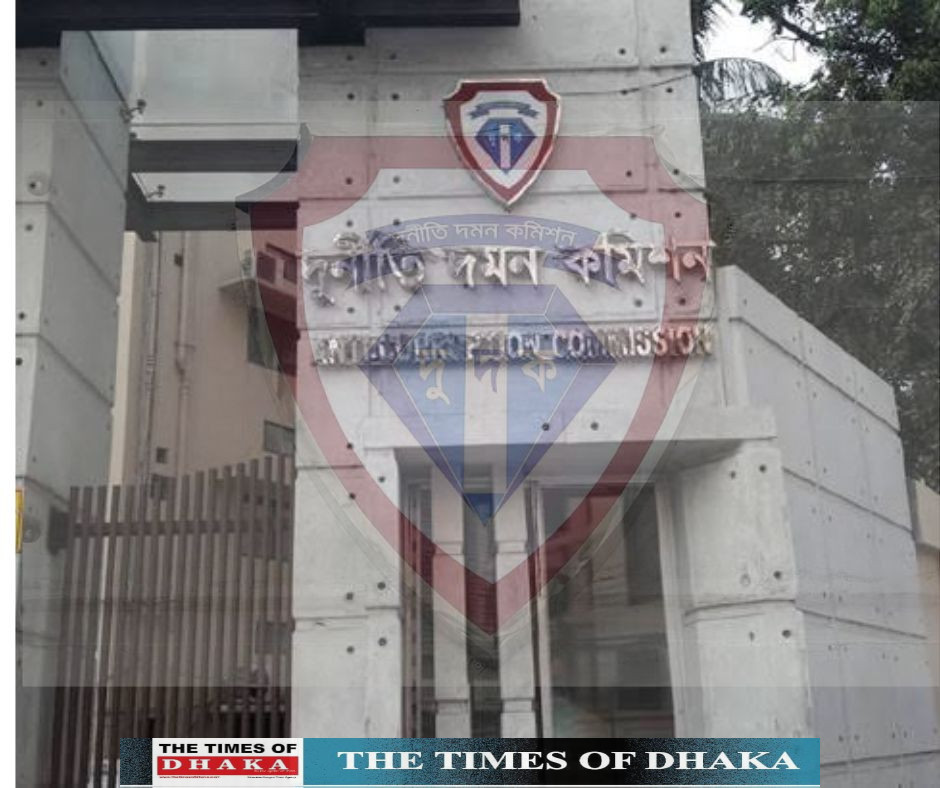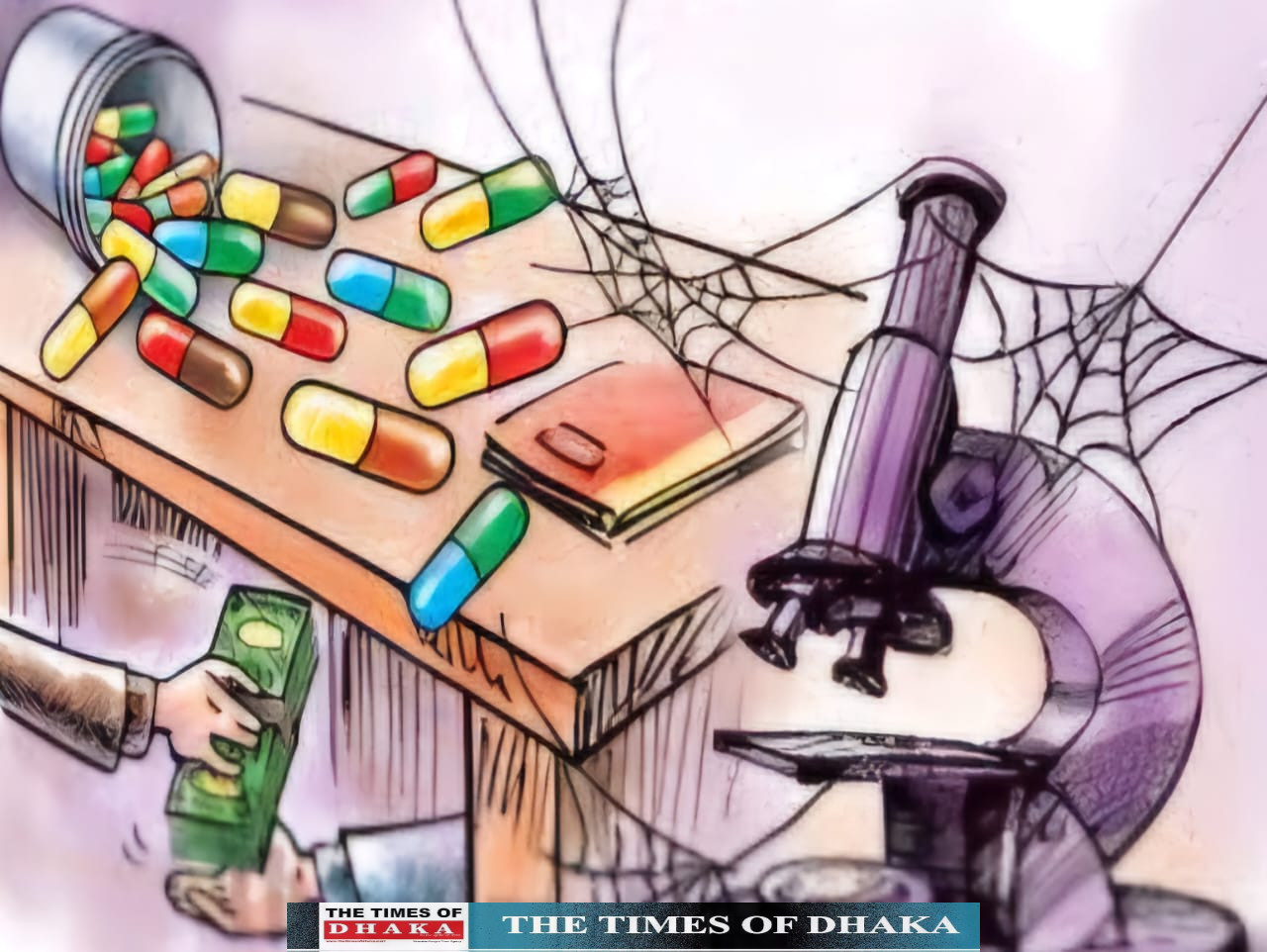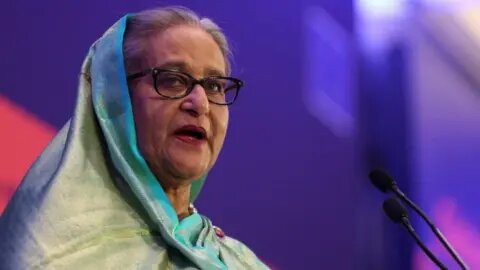
The Anti-Corruption Commission (ACC) is an independent body in Bangladesh, primarily tasked with combating corruption. The ACC’s operations are generally divided into various stages, through which they prevent corruption, investigate cases, and enforce punitive measures.
1. Preliminary Investigation
The ACC typically initiates a preliminary investigation based on a complaint or information. In this investigation, they collect evidence and make an initial assessment of whether corruption has occurred. During the preliminary investigation, suspected individuals are interviewed, and documents such as bank statements and records are gathered.
2. Full-Scale Investigation
If corruption is indicated during the preliminary investigation, the ACC begins a full-scale investigation. In this phase, they collect more detailed evidence and analyze it thoroughly. Suspected individuals are interrogated more intensely, and experts may be consulted if necessary.
3. Prosecution
If the investigation proves that corruption has taken place, the ACC files charges against the accused. At this stage, they submit all necessary information and evidence to the court, initiating legal proceedings.
4. Trial and Punishment
Once the case reaches the court, the court makes a decision based on the investigation and evidence. If the accused are found guilty, the court imposes penalties, which may include imprisonment, fines, or both.
5. Corruption Prevention
The ACC carries out various promotional activities to prevent corruption. These include raising public awareness, organizing workshops, seminars, and educational programs. They work with different government and private institutions to combat corruption.
6. Complaint Reception and Resolution
The ACC directly receives complaints from the public and takes immediate action. They operate a hotline and an online platform for complaint submission, making it easier for the public to report their concerns.
Through these procedures, the Anti-Corruption Commission plays an effective role in fighting corruption across the country. Their activities are crucial in maintaining integrity and contributing to national development.

 A.B.M. Abir
A.B.M. Abir 
























